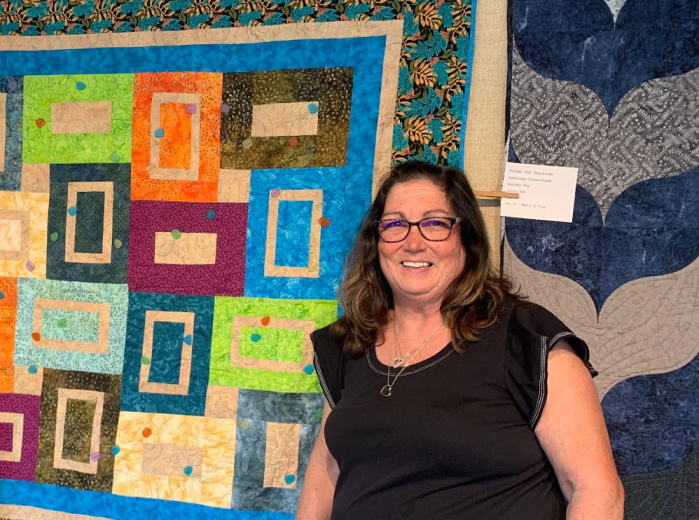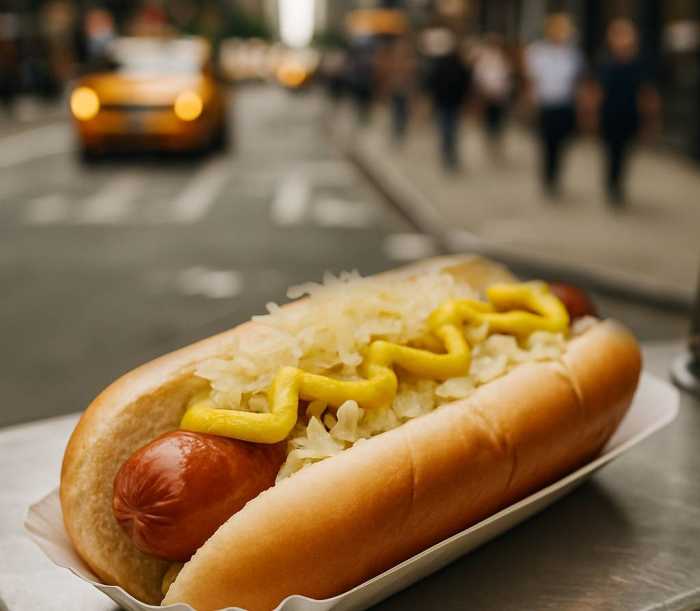
The Nassau County SPCA recently discovered a case of Campylobacter jejuni, a bacterial infection which causes diarrheal illness, in an 18-year-old male transmitted to him from a puppy his family purchased from a Long Island pet store. He and the puppy became ill and were treated. In December, the Centers for Disease Control and Prevention (CDC) announced an outbreak of a multidrug-resistant strain of Campylobacter jejuni, with 30 reported cases around the country at the time.
The Nassau County SPCA, a local nonprofit organization with no affiliation with the nationwide nonprofit ASPCA, has seen an increase in reports of newly acquired dogs needing veterinary treatment within days of arriving at their new home and cites finding cases of giardia (a parasite), bronchopneumonia and diffuse lower airway disease, which can be caused by bacterial infections, viral infections and other illnesses. In December, the SPCA seized nine sick puppies from a truck outside Shake A Paw pet store in Hicksville. All nine tested positive for one or more contagious diseases, some with signs of airway infections and pneumonia.
The CDC has linked the Campylobacter outbreak to pet store puppies, but Gary Rogers, Nassau County SPCA president, argues the situation is more nuanced. The truck that his team seized the puppies from were destined not only for pet stores, but also animal rescues and individuals from breeders.
“I’ll equate it to UPS or FedEx—FedEx delivers all over the place; they don’t just deliver from one source,” Rogers said. “If you bought a dog yourself or a rescue group wants to bring any in, and a lot of these smaller rescue groups we have on Long Island don’t have the resources to go down and pick the animal up so they’ll use a shipper to bring it here, who is going to load as many animals [as they can].”
Like puppy mills, these animal transport trucks are not known for their clean, spacious conditions.
“The [puppies] were contagious to other animals,” Rogers said. “They sat on a truck for two days in very cramped, close quarters.”

Rogers explained that the sick puppies seized in December were seized from an animal transport company’s delivery truck, not from inside Shake A Paw.
“They were shipped directly and seized directly out of the van,” Rogers said. “They did not come out of the pet store. In fact, a number of animals we took off [the van] were not destined for Shake A Paw. The only reason why it took place at Shake A Paw was [because] we knew the van was coming in, we had surveillance at other locations, and it was just that store that came first.”
Rogers added, “That investigation was in the works for a long time and still is ongoing.” The SPCA is trying to pinpoint the source of the puppies.
Part of the problem, as Rogers sees it, is the number of animals being shipped to Long Island.
“If you go to our town animal shelters, our town animal shelters are full of animals,” Rogers said. “Meanwhile, between pet stores and rescue groups, there are thousands of animals coming into Nassau County monthly from out of state,” and added that number could be as high as 10 or 15 thousand.
Rogers explained why the Nassau SPCA does not publicize what pet stores, rescues and other locations seized pets are destined for.
“We don’t want people saying, ‘well, I didn’t get it here so I’ve got nothing to worry about,’” Rogers said. “If your pet was on these transports, they have a possibility of being infected.”
While Rogers’ personal feelings lie with the ‘adopt, don’t shop’ philosophy, his first priority is spreading awareness to new and potential pet owners.
“The most important thing to do if you get a new pet, because of the way these animals are shipped, no matter where you’re getting it from, you need to inquire where that new puppy or cat came from,” he said. “Look at the paperwork. Check when it got here, where it came from, who shipped it and, most importantly, after you make a decision, or the pet picks you out, either way, your first stop should be to your veterinarian.”

New York State requires a Certificate of Veterinary Inspection (CVI) issued to animals within 30 days prior to entry, but there is no mandated follow-up when the animals arrive.
In the case of the 18-year-old, Rogers explained how waiting until the animal shows symptoms allowed time for the Campylobacter to infect a human.
“Look what happened here. Somebody bought a pet. They brought it home. Two days later it was in a veterinarian’s office, half a day after that the son became very ill,” Rogers said. “Luckily they didn’t have any other pets to pass it on to, especially an elderly pet.”
Rogers added that vets, both in-state and out-of-state, do not necessarily test for Campylobacter as part of their standard testing.
“The vet needs to realize if they’re doing fecal tests, there’s an issue with Campylobacter and they need to test that,” Rogers said. “We need to have testing when [the pets] enter New York and we need to have a hold period for these animals when they get here.”
“For health reasons, I think that the legislature has to readdress this issue and see how they can correct it. I know there are various bills in Albany, but they need to take [another] look at it,” Rogers said, and encouraged lawmakers to be proactive rather than reactive.
One such bill is currently in committee in the New York State Senate and Assembly. Domestic animal welfare bill S4234/A6298, if passed, “prohibits the sale of dogs, cats and rabbits by retail pet shops [and] authorizes collaboration with entities to provide space to showcase cats or dogs owned by certain entities for the purpose of adoption.” Cosponsors on Long Island include Monica R Martinez (NY-03), Phil Boyle (NY-04), Kevin Thomas (NY-06) and John E. Brooks (NY-08).
The Nassau County SPCA holds special authority to enforce NYS Agriculture & Markets Law and all other state and local humane laws. It is a volunteer organization dedicated to the rescue, care and placement of needy animals. To report a newly acquired puppy that became ill and needed veterinary care, go to sickpet.ncspca.us or call 516-THE-SPCA (843-7722).
In addition, New York State Attorney General Letitia James asks pet owners to report instances of sick pets purchased from pet stores via the Pet Lemon Law form at ag.ny.gov/online-complaint-form-pet-lemon-law.
The CDC recommends thorough and frequent hand-washing as the first line of defense against Campylobacter and other infections that can be transmitted from animals to humans.
https://liweekly.wpengine.com/cdc-reports-outbreak-linked-to-contact-with-pet-store-puppies/































